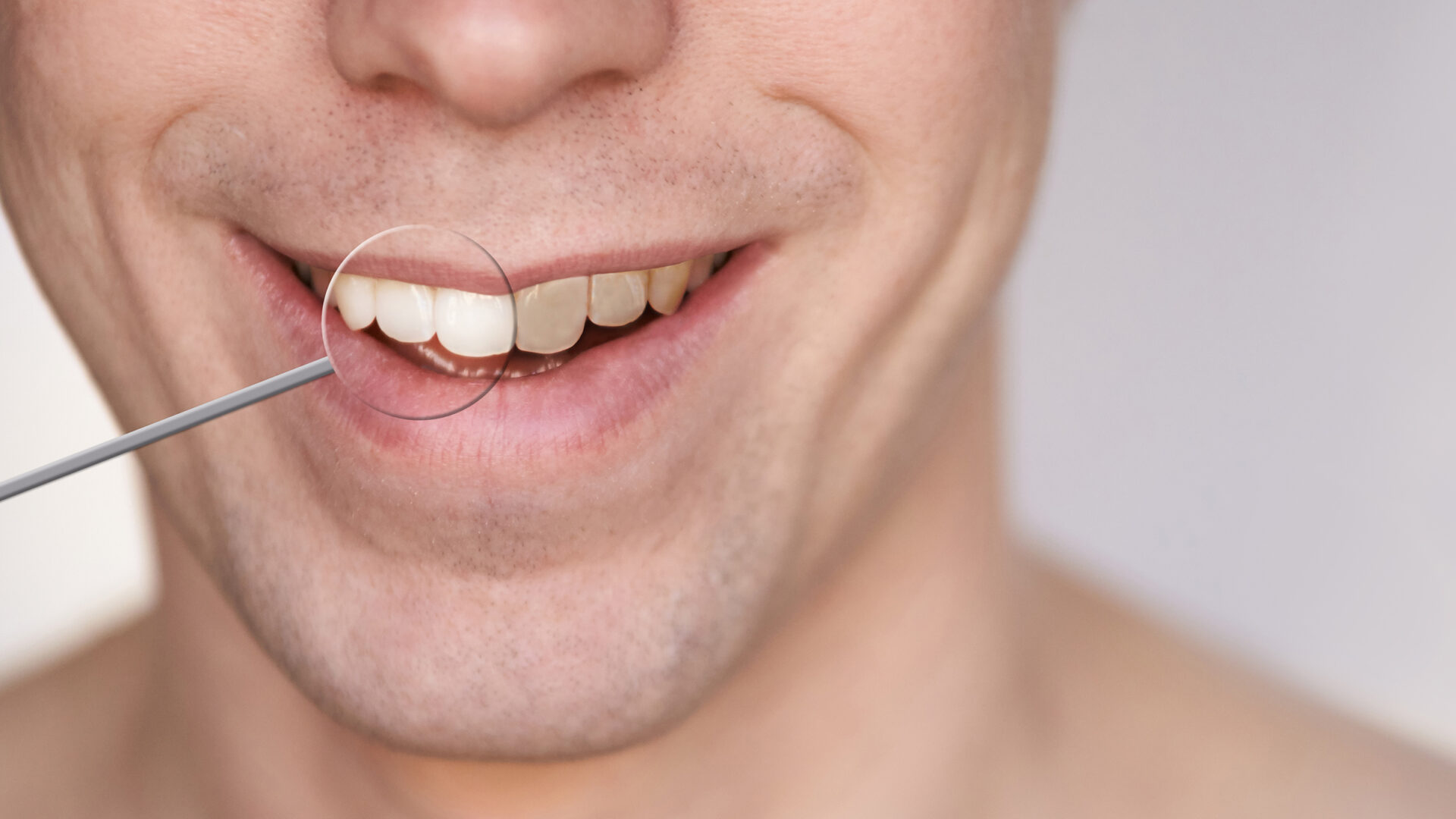There are so many different options on the market to help whiten your teeth. But how well do they work? More importantly, is teeth whitening safe? Our cosmetic dentistry team highlights the different options for teeth whitening, from activated charcoal products to LED treatments, and at-home teeth whitening kits versus professional treatments.
Different Options and Types of Teeth Whitening
There are two types of teeth whitening products that work hand-in-hand. They are physical, meaning they physically scrape stains or detritus off from your teeth, and chemical, using specific solutions to bleach the actual enamel. The different types have different benefits and drawbacks, depending on your teeth and your desired results.
Physical. These are products that physically file stains away from the surfaces of your teeth. Most toothpaste – whitening or otherwise – uses this method to keep your teeth looking clean. The bristles of your toothbrush help your toothpaste achieve this, scraping off the stains and debris from your teeth.
Chemical. Unlike products that use physical abrasion, chemical bleaching uses specific chemical solutions to whiten your teeth surface without scraping the enamel of your teeth. These products include whitening strips, gel-filled mouth trays, or rinses, which include bleaching agents such as carbamide peroxide or hydrogen peroxide. Most of these products are similar to what your dentist may use on your teeth in their office. However, take-home products typically have a much lower concentration of chemicals for your safety.
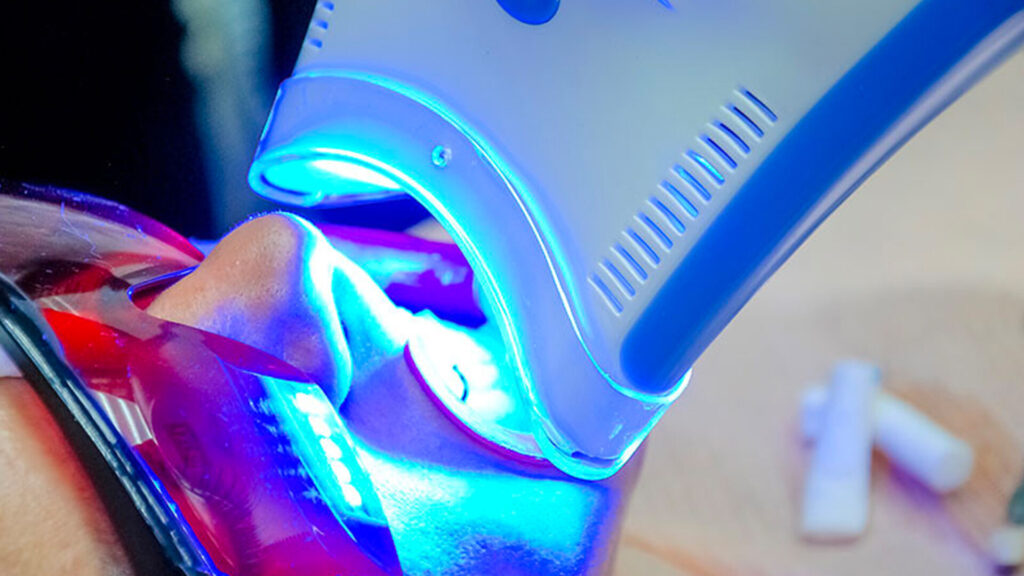
Do These Products Work?
Dentists agree that both types of teeth whitening products work, though their efficacy varies depending on the state of your teeth and your desired outcome.
Physical products for teeth whitening are more effective at handling extrinsic stains. This refers to blemishes on your teeth that are external or are on your teeth’s surface. This means the abrasive quality of the physical product can successfully scrape off the stain and restore your teeth’ natural shine.
However, stains or discoloration can also be intrinsic. This means that rather than being on your teeth surface, the stain is underneath a layer of enamel known as dentin. These stains are more difficult to deal with as your toothbrush can’t remove them. Intrinsic stains can also result from certain antibiotic treatments in childhood or acute trauma to the teeth.
Chemical products are much more effective at handling intrinsic stains. However, depending on the severity, some over-the-counter products may not be strong enough to whiten your teeth. In these cases, it is best to visit your dentist, who can safely apply stronger bleaching agents to your teeth.
Is LED Teeth Whitening Safe?
An LED teeth whitening treatment is a light-emitting diode that has replaced the previous ultraviolet (UV) light treatment attributed to cancerous cell mutations. LED light is more intense but also dissipates heat; therefore, it makes it the ideal solution for teeth whitening.
LED lights, when combined with whitening agents, can be an effective remedy to remove stubborn stains as they speed the chemical reactions during a specified window of time.
There is also some debate on the effectiveness of certain LED home-whitening kits that claim to whiten your teeth. For example, though it claims to activate the bleaching chemicals on whitening strips, LED light whitening kits have yet to produce significant results that prove this claim. The whitening strips may still have their intended effect, but it remains to be seen if the at-home LED lights actually have a substantial effect.
When it comes to in-clinic LED treatments like those offered at TEETH @ Tiong Bahru, the results can lighten your smile 6 to 8 shades in a single session. Our professional teeth whitening treatments — BlancOne® Click or Ultra — take only 10 or 30 minutes, respectively, and are safe and effective with minimal side effects, if any.
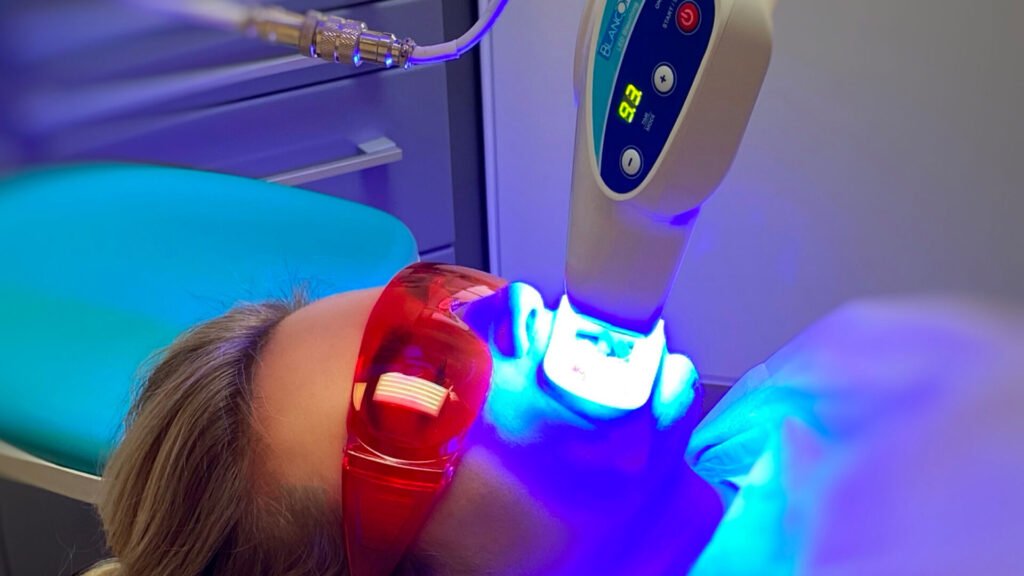
The main difference between our professional treatments and at-home options is the intensity of the dosage of 10-LED blue arc light to cure and activate the bleaching gel that doesn’t dehydrate or cause irritation in most patients.
Teeth whitening is also not permanent. Results can last for a few weeks to a year, depending on the type of product you use, or if you went to your dentist for treatment. It’s important that you continue taking care of your teeth and avoid certain habits that lead to darker teeth, such as smoking, to begin with.
Charcoal Teeth Whitening, Is It Safe?
Charcoal “activated” whitening toothpastes have become all the rage. It’s believed that charcoal can remove pigmentation and stains from teeth because it’s highly absorbent and also gets rid of bacteria and toxins that can lead to gum disease.
However, there is no scientific evidence that charcoal “activated” whitening toothpastes are effective at whitening your teeth, nor is there evidence that it is safe. The American Dental Association specifically does not recommend it, as activated charcoal can actually be too abrasive and potentially damage your teeth as the fine-grained powder is made from various ingredients, such as coconut, olive pits, wood chips, and peat.
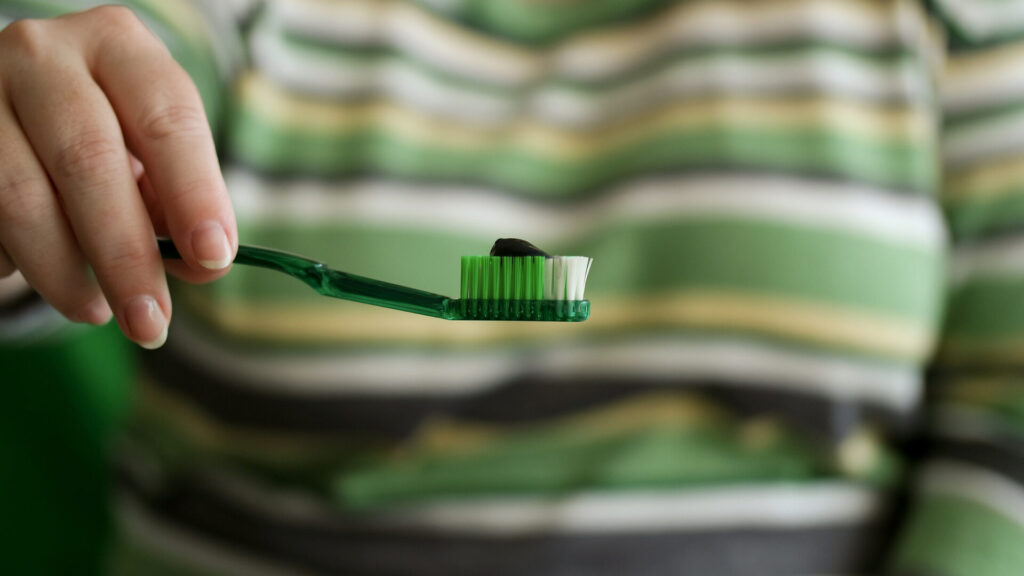
In some cases, your teeth may not respond to any over-the-counter teeth whitening products like charcoal products due to the grittiness of the products. The abrasive properties may remove surface stains and plaque from your teeth, but essentially, it removes the tooth’s surface enamel. With ongoing, repeated use, the “charcoal” actually starts to wear through the top layer of the tooth, or enamel, revealing the soft dentin beneath, making your teeth appear more yellow.
Patients who have orthodontics want their teeth to be as sparkly and bright as possible once their braces have been removed. But is charcoal teeth whitening safe for braces? Using activated charcoal products is not recommended, and it’s best to wait until your braces have been fully removed to have your teeth’ surface professionally whitened to remove darker enamel patches.
If you’re using Invisalign clear aligners, there are whitening gels that are available that we can recommend alongside the treatment instead of using charcoal-based products. Consult one of our dentists about your concerns and we’ll recommend a solution that works for your lifestyle and goals.
Everyone’s teeth are different, as are their stains. The enamel may absorb the agents differently, making it hard to predict results. For the most consistent results, it’s best to visit your dentist if you’re concerned about whether using charcoal to whiten teeth is safe. Our knowledgeable dentist can assess your teeth and give you the best treatment.
Are Teeth Whitening Products Safe?
All teeth whitening products are generally safe, though your usage of them may pose certain risks. For example, whitening toothpastes may be safe, but if you brush too vigorously and frequently, you can wear down the enamel of your teeth. It’s also important that you find a toothpaste that is not too abrasive to ensure your safety.
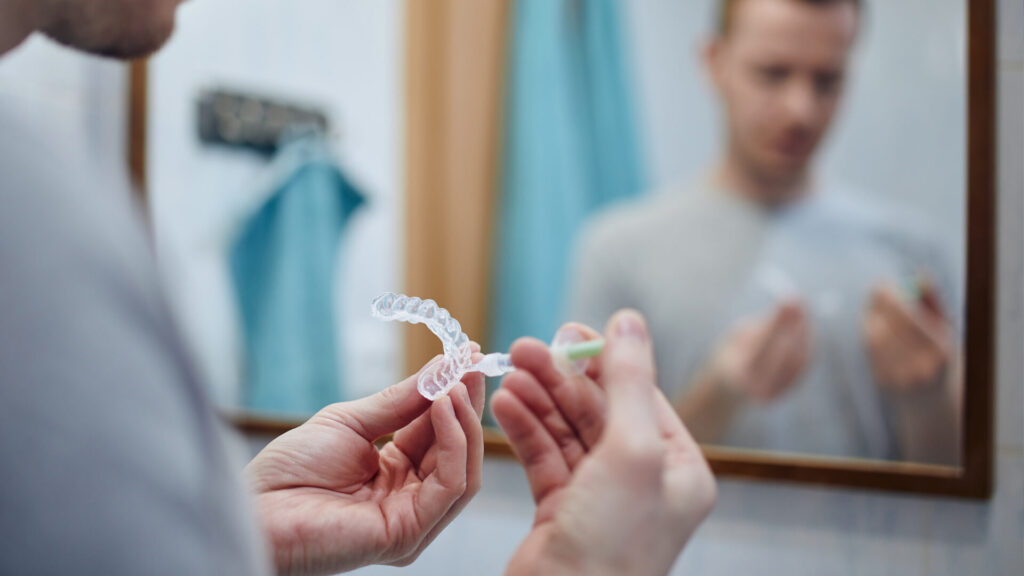
At-home chemical bleaching treatments are also designed to be safe when used as instructed. Attempting to use the products longer than recommended can endanger your teeth, as can using products with too high a concentration of chemicals. It’s safer to use products with lower concentrations and to follow the instructions strictly. The last thing you want when trying to whiten your teeth is to damage them inadvertently.
Though these products can whiten your teeth, it’s important to note that whitening is a cosmetic procedure. Clean teeth are often white. This, however, does not mean white teeth are clean. To maintain proper dental hygiene, you must maintain your regime of brushing, rinsing, and flossing to ensure your shining white teeth are also healthy.
As these products are designed for your safety, it’s important to pay attention if it feels like something is off.
“Pain is your body sending you a signal that something is wrong. Pain in your teeth tells you that you are either overdoing the treatment, misapplying it, or need to visit your dentist for immediate care”, says Dr Sherina Daryanani, principal dental surgeon at TEETH @ Tiong Bahru in Singapore.
Take home maintenance protocol rather than doing something more intense once a year and an ongoing take-home protocol.
Why Whitening Over Other Procedures?
Whitening is considered a less invasive and more cost-effective procedure than other cosmetic procedures, such as permanent veneers. It’s better to at least attempt whitening before more expensive and complicated procedures, like veneers, or to see if you can achieve your desired results. Many other cosmetic procedures are also harder to undo, whereas whitening can lead to faster results without much risk.
It is worth noting that whitening procedures will not work on any dental hardware, such as fillings or crowns. The bleaching agents are designed specifically for your natural teeth. If your fillings were designed to match a darker shade of the tooth, they will stand out if you apply whitening products. That said, your dentist can tend to those mismatches by painting over them.
If you are interested in whitening your teeth, ask your dentist at your next 6-monthly dental appointment. Your dentist will be able to give you the best option available for your overall oral health.
Your dentist will also provide you with a tailor-made tray, designed to fit your mouth perfectly. Opalescence is a good option for patients who have sensitive teeth and who may experience pain using other over-the-counter treatments.
Opalescence is just one of the many teeth whitening options available at TEETH @ Tiong Bahru. If you want a brighter smile. In the end, everybody’s teeth are different. The natural color of your teeth, the porosity of your enamel, and teeth sensitivity can make you react differently to whitening treatments.
When in doubt, check with one of TEETH @ Tiong Bahru’s experienced dentists.

